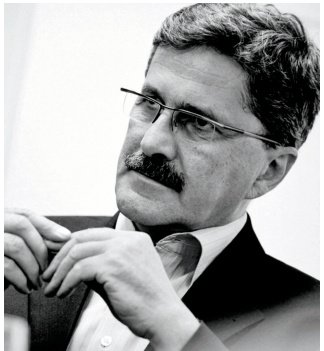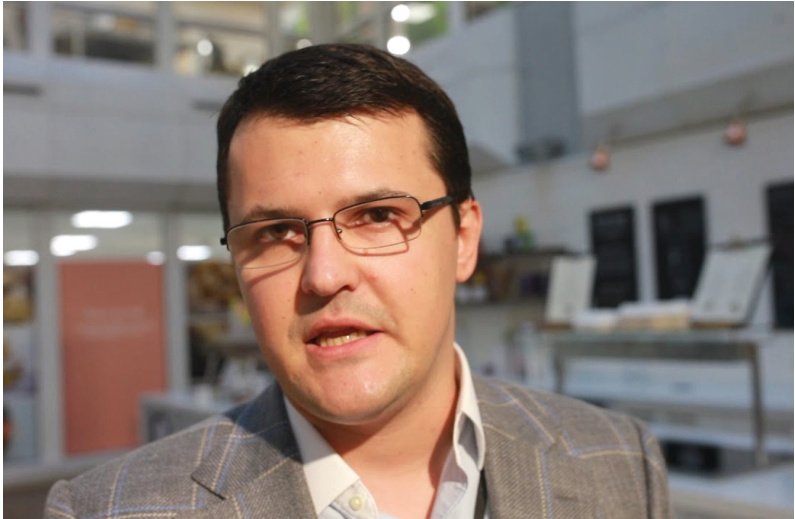If there was nothing wrong in the world, there wouldn’t be anything for us to do. George Bernard Shaw, Irish playwright
As we said, things seem pretty 1. __: If you pay in advance, we will give you a discount. The 2._ is that when having in mind the Croatian sentence: Ako budete kasnili s plaćanjem, obračunat ćemo vam zatezne kamate, we are very often 3._ to say: If you will be late with repayment… The correct English requires the following: If you ARE late with repayment, we will charge you a default interest. We use present although we are 4._ to future. With this sentence you are also unintentionally and maybe without being 5._ of it, expressing your pessimism about the client’s creditworthiness. In other words, you are implying that it is 6._ and possible that the client will be late with repayment.
Your optimism would be reflected in the sentence: If you were late with repayment, we would charge you a default interest. In that case you would refer to the future situation as 7._ and only imaginary. (You think that the client probably WON’T be late with repayment). The problem for non-native speakers is that we are 8._ to translate sentences of that kind for what they appear to be: If I had enough money, I would buy shares. Be careful. This does not mean Da sam imala dovoljno novaca, kupila bih dionice. It simply says Kad bih imala/da imam dovoljno novaca, kupila bih dionice. (Now or in the future). So, past tense does not refer to past time but rather to a present (or future) situation which is unreal and imaginary. I don’t have enough money but I can imagine what it would be like to have it. So in the sentence ‘If I were Barack Obama, I would …’ it used for 9.____.
But if the sentence: If I had enough free time… refers to present or future, how do we 10._ about past then? We should use something that looks rather complicated (but is the only grammatically correct solution): If I had had more free time, I would have played tennis with you. This sentence means: I didn’t have enough free time so I didn’t play tennis with you. (And now I can only 11._ the lost 12.____.)



